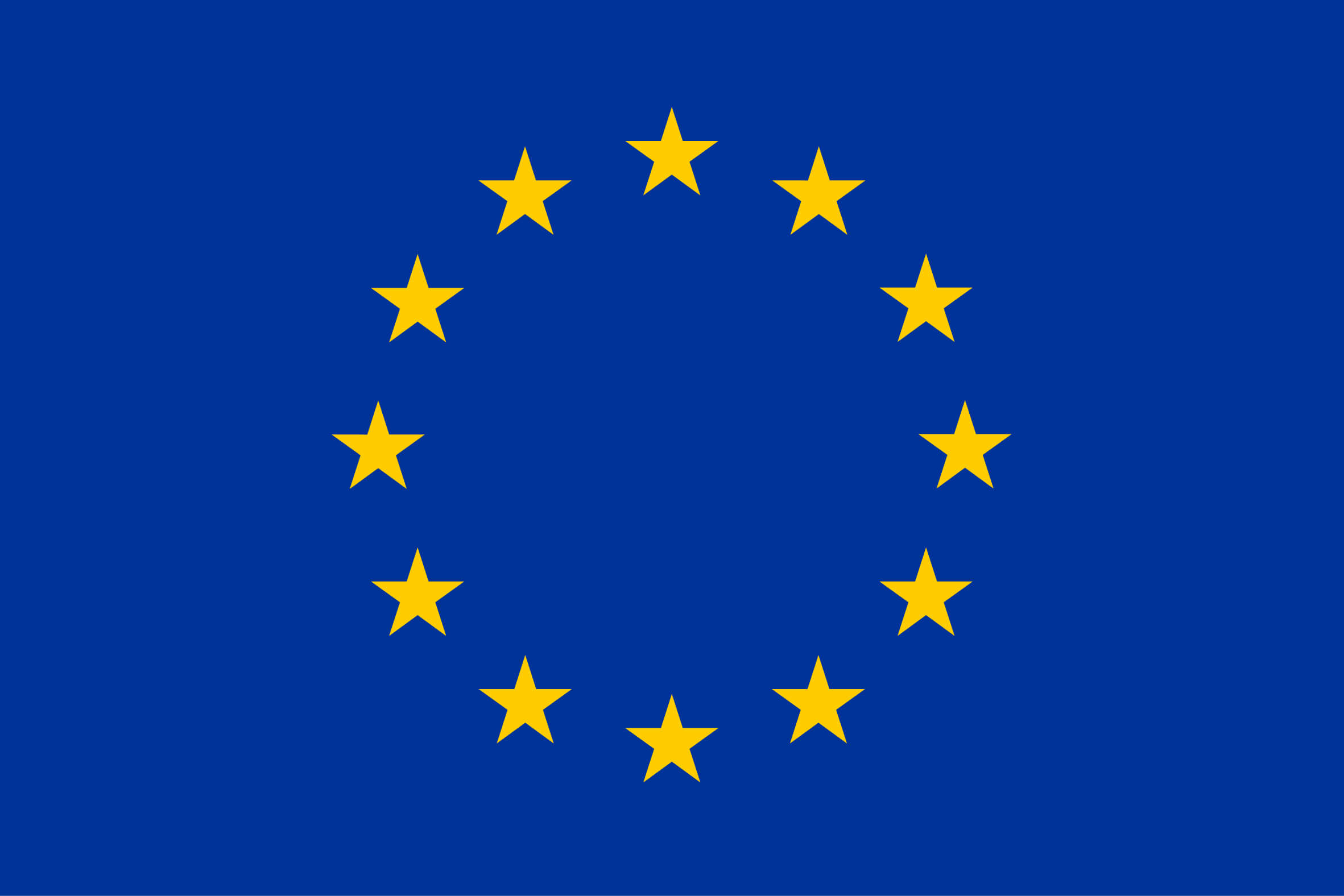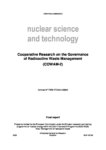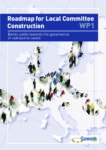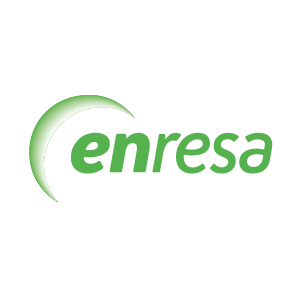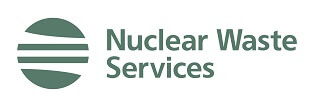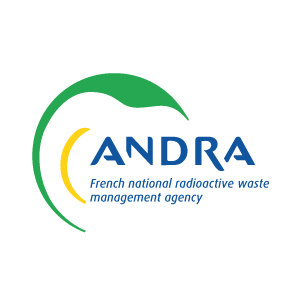COWAM 2: Improving the Governance of Nuclear Waste Management and Disposal in Europe
The COWAM 2 project was a three year research project focused on improving the governance of national radioactive waste management programmes, building on the findings of the first COWAM project. Governance in this context encompasses the role of organisations and formal instruments (e.g. national governments, WMOs), as well as the role of local communities and public perception as co-actors in the decision-making process.
The project provided practical recommendations for the design and implementation of a “robust” decision-making process in radioactive waste governance.
Overview
Project Dates: 01/01/2004 – 31/12/2006
Project Status: Closed
Website: www.cowam.com (now taken down)
The objective of the Community Waste Management 2 (COWAM 2) project was to contribute to the improvement of the governance of Radioactive Waste Management (RWM), in order to address the issue of geological disposal in Europe.
The goals of the project were pursued by understanding societal and community needs and expectations concerning the processes of waste disposal decision-making, at both local and regional levels. Increased societal understanding is intended to lead to practical and sustainable decision-making processes recognised as fair and equitable by the stakeholders involved. COWAM 2 builds on the results of COWAM 1, RISCOM and other projects.
Objective
The objective of COWAM 2 was to contribute to the improvement of the governance of RWM in Europe, to address the issue of geological waste disposal in Europe, by:
- Better addressing and understanding societal expectations, needs and concerns with regard to radioactive waste disposal decision-making processes at the local and regional levels. Incorporating learning from previous successful and unsuccessful experiences in RWM in a range of European countries.
- Increasing societal awareness of RWM at local, national and European levels and creating the environment for improved dialogue between community representatives, the public and the experts in the field of RWM.
- Developing best practice on practical and sustainable decision-making that is recognised as fair and equitable by all stakeholders involved at all levels of government and the communities, and across all time scales.
- Contributing to enabling European societies to make real progress in the governance of RWM, allowing them to reach practicable, accountable and sustainable decisions.
COWAM 2 was aimed at the wider involvement of community and elected representatives and non-governmental organisations (NGOs), as well as those experts in the field of implementation of RWM.
Results
A major aspect of the COWAM 2 project was its “cooperative research” nature. The cooperative research methodology was developed and tested over the course of the programme and consisted of regular interactions throughout three years between stakeholders, supported by research contractors, to frame and produce stakeholder-driven knowledge. The stakeholders were representatives of local communities (local liaison committees, municipalities, or NGOs), waste management agencies, waste producers, regulators and expert institutions. Stakeholders originated from thirteen countries: Belgium, Czech Republic, France, Germany, Hungary, Japan, the Netherlands, Romania, Slovenia, Spain, Sweden, Switzerland, and the United Kingdom.
Continuous interaction with stakeholders and utilising learning from case studies enabled an increased understanding of common societal expectations, needs and concerns with regard to radioactive waste disposal.
The research in COWAM 2 demonstrated that RWM governance must be concerned with the local dimension (democratic structures and processes), with the institutional dimension (organisations and formal instruments and processes, often national), and with the long-term dimension (the special constraints introduced by the very long periods associated with RWM).
COWAM 2 was able to draw on the insights gained in the course of its work, and that of previous projects, to provide practical recommendations for the design and implementation of a “robust” decision-making process in radioactive waste governance addressing each of the three identified dimensions of RWM governance.


